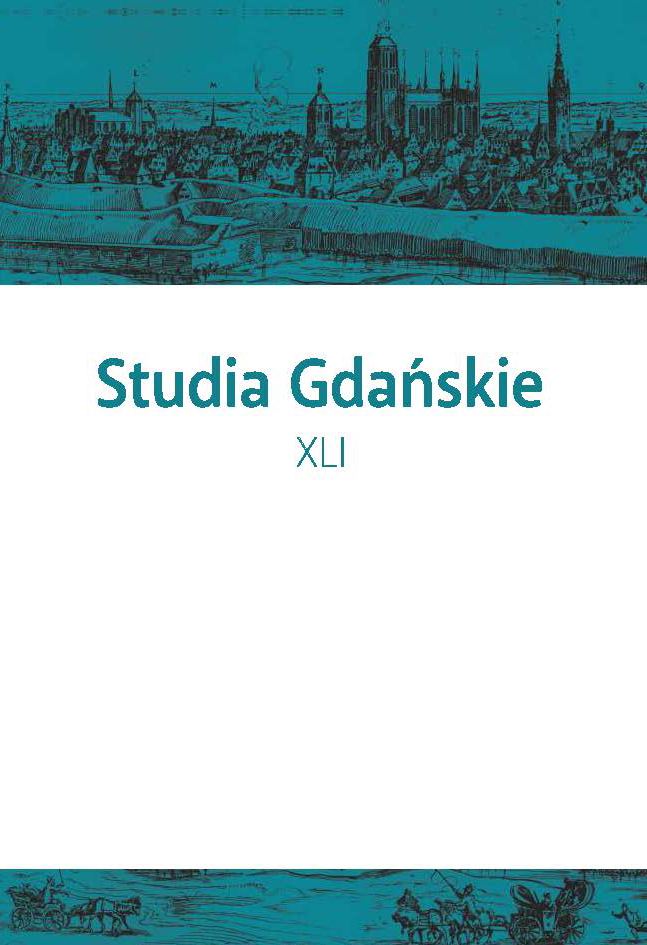Autonomia jako nieodzowny przymiot obywatelskiej sfery publicznej w ujęciu Jürgena Habermasa
Autonomy as an Indispensable Attribute of the Civic Public Sphere in Jürgen Habermas’ Understanding
Author(s): Łukasz MarczakSubject(s): Christian Theology and Religion, Social Sciences, Theology and Religion
Published by: Gdańskie Seminarium Duchowne, Kuria Metropolitalna Gdańska
Keywords: autonomy; freedom; independence; public sphere; private property; freedom of the press; transparency of information; associating
Summary/Abstract: The article presents the optimal conditions for the existence of autonomy in the public sphere. In the opinion of Jürgen Habermas, these conditions were most clearly revealed in the civic public sphere of the eighteenth and nineteenth centuries. Autonomy of the public sphere is understood as an independent space for exchanging opinions among citizens who through communicating with one another are able to exert upward pressure on the power apparatus. The article begins with the presentation of autonomy as a kind of complementary freedom: negative and positive. In the next part, the main elements that constitute the public sphere of civic autonomy are outlined. These include: private property of free citizens, disclosure of information in the public sphere, freedom of speech and of the press and the possibility of unfettered association.
Journal: Studia Gdańskie
- Issue Year: 2017
- Issue No: 41
- Page Range: 233-245
- Page Count: 13
- Language: Polish

